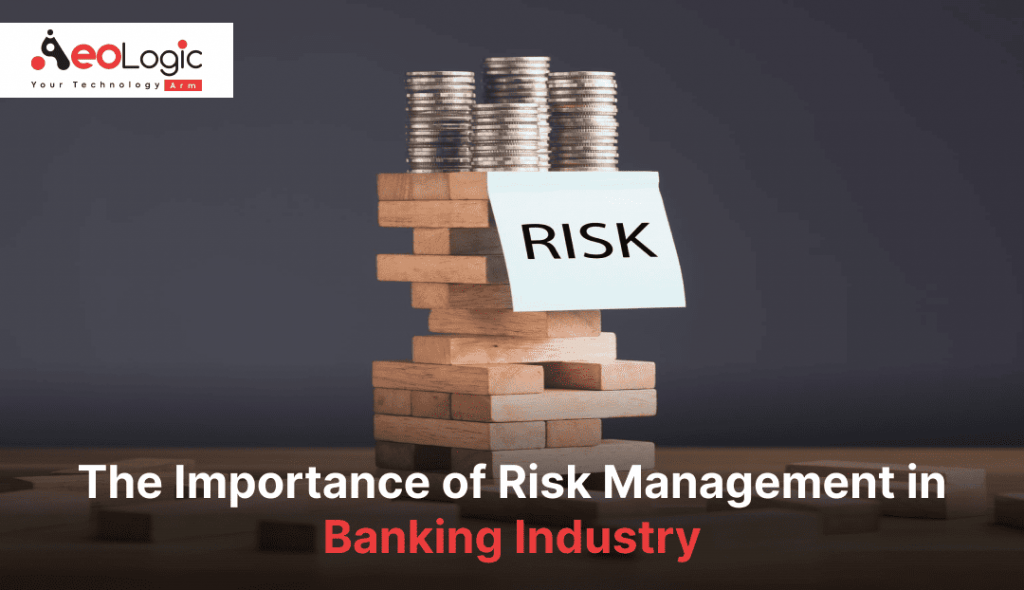Enhancing Operational Efficiency Through the Importance of Risk Management
Enhancing Operational Efficiency Through the Importance of Risk Management
Blog Article
The Significance of Understanding the Relevance of Risk Management in Different Industries

The Core Idea of Risk Management and Its Function
Risk Management, the cornerstone of many sectors, rests on the recognition, assessment, and reduction of unpredictabilities in an organization environment. It is an integral technique that allows organizations to guard their properties, online reputation, and total survival. By appropriately identifying potential dangers, services can establish methods to either prevent these threats from happening or reduce their impact. The evaluation procedure entails evaluating the probability and prospective extent of these dangers. Once risks have actually been determined and evaluated, the reduction process includes designing approaches to decrease their prospective effect. This process is ongoing and cyclical, making certain that organizations are planned for the ever-changing nature of Risk in various markets. The main objective, therefore, is to promote resilience in the middle of unpredictabilities.
Benefits of Executing Risk Management in Business Operations

Revealing the Duty of Risk Management in Different Industries
While every sector faces its special collection of dangers, the application of Risk Management strategies remains a typical in their quest of sustainability and growth. In the health care field, Risk Management requires guaranteeing person safety and security and data protection, while in financing, it includes mitigating investment risks and making sure regulatory compliance (importance of risk management). Construction companies concentrate on worker safety, job delays, and budget overruns. In the innovation sector, companies reduce cybersecurity hazards and modern technology obsolescence. Ultimately, the function of Risk Management across industries is to determine, evaluate, and reduce dangers. It is a crucial component of strategic preparation, allowing organizations to safeguard their properties, make the most of continue reading this opportunities, and achieve their purposes.
Real-life Study Showing Successful Risk Management
To comprehend the relevance of Risk Management in these lots of markets, one can aim to a number of real-life instances that highlight the successful application of these actions. In the power sector, British Petroleum developed Risk reduction prepares post the 2010 Gulf of Mexico oil spill. They implemented much better safety and security procedures and stricter policies which dramatically lowered further crashes. Likewise, in finance, Goldman Sachs effectively browsed the 2008 financial situation by determining prospective mortgage-backed safety and securities risks early. Lastly, Toyota, post the 2011 earthquake in Japan, changed its supply chain Management to minimize interruption risks. These instances show exactly how markets, picking up from dilemmas, successfully used Risk Management approaches to lower future threats.
Future Patterns and Growths in Risk Management Approaches
Cybersecurity, once an outer worry, has catapulted to the center of Risk Management, with strategies concentrating on response, avoidance, and discovery. The integration of ESG (Environmental, Social, Governance) factors right into Risk Management is an additional expanding trend, showing the raising recognition of the duty that social and environmental risks play in service sustainability. Thus, the future of Risk Management lies in the blend of advanced Related Site innovation, innovative methods, and an all natural method.
Verdict
In conclusion, recognizing the relevance of Risk Management across a range of industries is important for their durability and success. Eventually, effective Risk Management contributes to a lot more resistant and lasting businesses, highlighting the significance of this technique in today's very affordable and vibrant service atmosphere.
While every sector confronts its one-of-a-kind set of threats, the implementation of Risk Management methods continues to be a common in their pursuit of sustainability and growth. In the healthcare industry, Risk Management entails ensuring patient safety and information protection, while in money, it involves mitigating investment dangers and making certain regulative conformity. Inevitably, the role of Risk Management throughout industries is to recognize, examine, and minimize dangers. These situations demonstrate how sectors, finding out from dilemmas, why not find out more efficiently used Risk Management methods to lower future risks.

Report this page